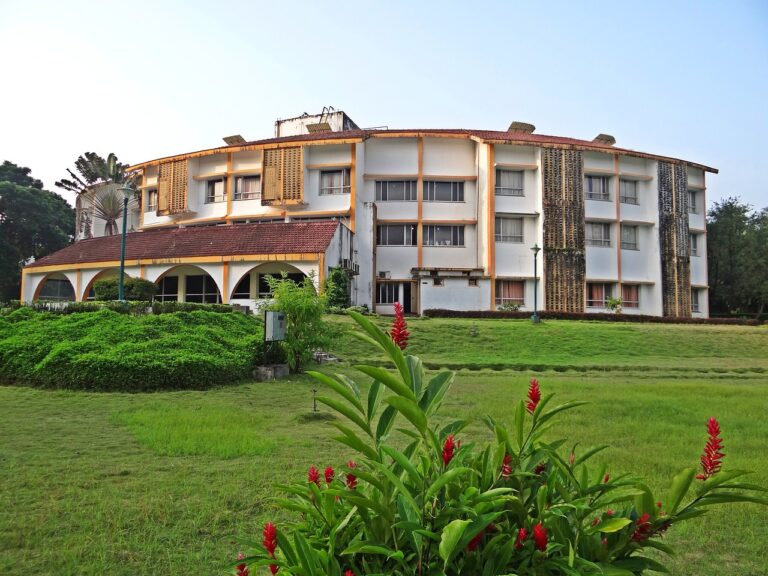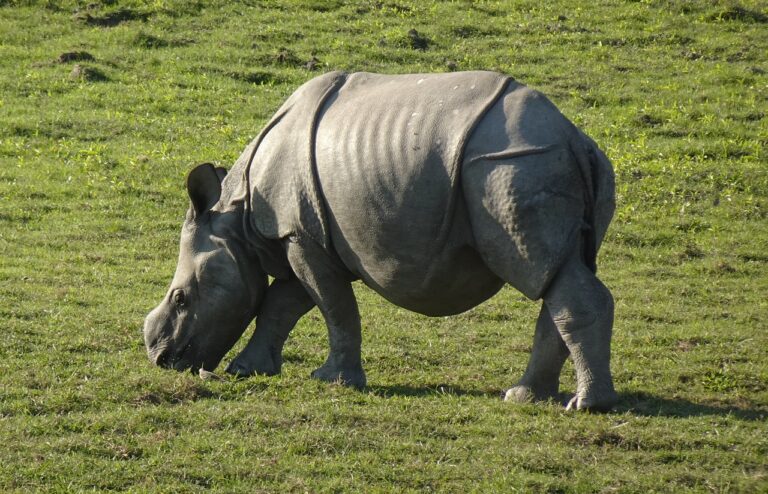The Legacy of Historical Events on Voting Patterns: 11xplay online, Diamondexch9.com register, Skyexchange
11xplay online, diamondexch9.com register, skyexchange: The Legacy of Historical Events on Voting Patterns
When we look at current voting patterns, it’s easy to see that they are deeply influenced by historical events. Our past plays a crucial role in shaping our present, and this is especially true when it comes to politics. From the Civil Rights Movement to the Great Depression, each event has left a lasting impact on how people vote today.
Slavery and the Civil Rights Movement
One of the most significant historical events that still influences voting patterns today is the struggle for civil rights. The fight for racial equality in the United States dates back to the days of slavery and continued through the Civil Rights Movement of the 1960s. African Americans and other minority groups faced discrimination and marginalization for centuries, which has led to a strong sense of solidarity among these communities.
The legacy of this history can be seen in how these groups vote today. African Americans and other minority groups tend to vote for candidates who support civil rights and equality, while white voters who may have benefited from past discrimination may be more likely to vote for candidates who prioritize other issues.
The Great Depression
Another historical event that continues to shape voting patterns is the Great Depression. The economic turmoil of the 1930s led to widespread suffering and hardship for millions of Americans. This period reinforced the importance of government intervention in the economy and social welfare programs to protect the most vulnerable.
Today, voters who remember the Great Depression or whose families were impacted by it may be more likely to support candidates who advocate for social safety nets and economic policies that prioritize working-class Americans.
The Vietnam War and the Cold War
The Vietnam War and the Cold War also had a profound impact on voting patterns. The anti-war movement of the 1960s and 70s mobilized a new generation of voters who were disillusioned with government policies and military intervention. This legacy can still be seen today in how voters respond to candidates’ foreign policy positions and attitudes towards war and peace.
Similarly, the lingering effects of the Cold War can be seen in how voters view issues like national security, diplomacy, and alliances with other countries. The legacy of this era continues to shape political discourse and influence voting decisions.
FAQs
Q: How do historical events influence voting patterns?
A: Historical events create a collective memory that influences how different groups of people view politics and vote. Events like the Civil Rights Movement, the Great Depression, and wars have left a lasting impact on our society and continue to shape our political preferences.
Q: Can voting patterns change over time?
A: Yes, voting patterns are not static and can change in response to new events, issues, and candidates. While historical events play a significant role in shaping voting patterns, people’s attitudes and beliefs can evolve over time.
Q: How can we better understand the legacy of historical events on voting patterns?
A: By studying history, listening to diverse perspectives, and engaging with different communities, we can gain a deeper understanding of how past events continue to influence our politics today. It’s essential to recognize the complexities of our shared history and how it informs our present.







